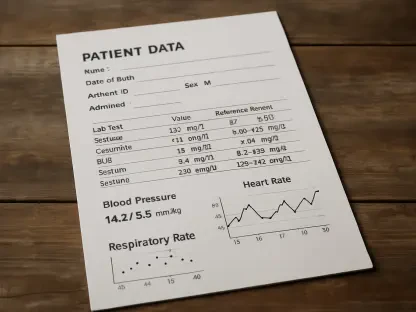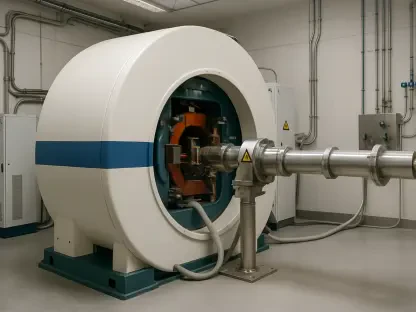During Donald Trump’s presidency, significant changes swept across the healthcare sector, including the medtech industry, altering regulatory processes, economic conditions, and policy landscapes. These changes sparked considerable debate and analysis among industry experts, each offering unique insights into the consequences and potential future directions for medtech.
Navigating Trump’s Healthcare Reforms
Administrative and Policy Overhaul
The Trump administration initiated major changes in healthcare governance, significantly impacting agencies such as the FDA and HHS. While some industry leaders appreciated efforts towards increased efficiency, concerns arose regarding the potential compromise on quality healthcare service delivery. Opinions diverged as experts weighed the cost-saving motives against the risk of diminished regulatory capacity, worried that layoffs and budget cuts might impair crucial governmental functions.
Economic Instability and Tariff Impacts
Trump’s tariff policies created economic turbulence that reverberated through the medtech sector. Many in the industry highlighted the challenges posed by increased costs and supply chain disruptions. However, some companies demonstrated resilience by innovating and adapting their operations amidst this economic instability. Experts see this as an opportunity to rethink strategic approaches in a rapidly changing trade environment.
The Medtech Landscape Amidst Policy Shifts
Regulatory Adjustments and Their Effects
Regulatory dynamics under Trump’s leadership saw attempts to streamline drug approvals and alter committee roles within the FDA. This restructuring received mixed reactions from industry analysts. Some praised the improved pace of drug approvals, while others feared that the changes could compromise meticulous assessment standards necessary for patient safety.
Leadership and Strategic Focus
Leadership changes were pivotal in reshaping medtech policies, with new appointees emphasizing different priorities. Sections of the industry welcomed new focuses on chronic disease mitigation and optimal staffing levels, although uncertainty persisted regarding the long-term objectives of policy shifts.
Shaping Medtech’s Future Trajectory
Key Transformations and Strategic Insights
Stakeholders in the medtech industry identified several crucial shifts, recognizing the need for strategic adaptation. Recommendations included embracing innovation amidst policy volatility and leveraging changes for sustainable industry growth. By assessing Trump’s tenure as a catalyst for transformation, many industry voices advocated for proactive adjustments rather than reactive measures.
Path Forward and Practical Guidance
In the wake of significant transformations, medtech entities are encouraged to realign their strategies, anticipating ongoing changes in policy and market demands. Experts suggest focusing on flexible operational approaches and fostering resilient supply chains to thrive in an evolving landscape.
Reflecting on Medtech’s Evolution
During Trump’s presidency, the medtech industry underwent substantial shifts that redefined its regulatory and economic frameworks. These changes proved to be both a challenge and an opportunity for stakeholders. As they navigated this transformed landscape, the importance of strategic planning and adaptive innovation became more pronounced within the sector.
In summary, the altered medtech environment highlighted the necessity for forward-thinking strategies and a balance between cost efficiency and healthcare quality. Industry participants continued to assess the long-term impacts of these changes, seeking new pathways for growth and development within a complex and dynamic healthcare sphere.









